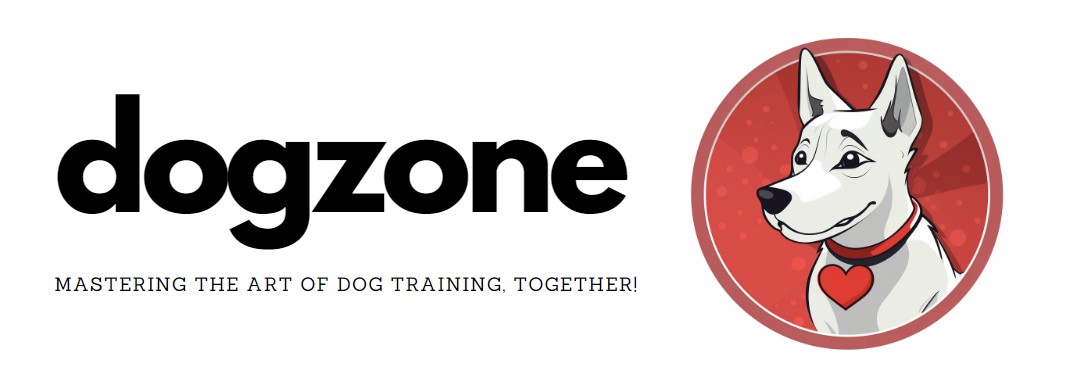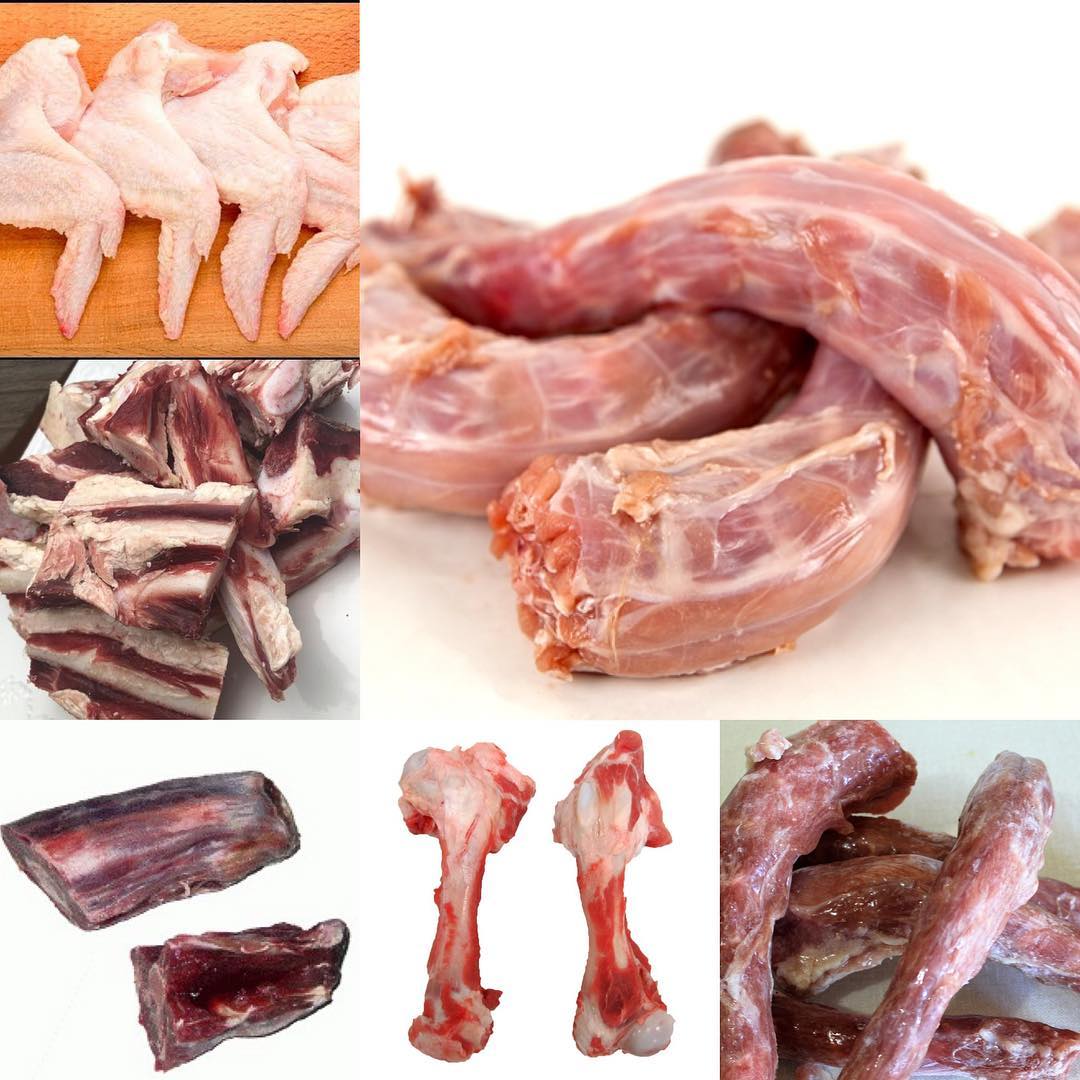As with most seemingly simple questions, the answer is a bit of a yes and a bit of a no.
To offer a professional opinion, we asked David at Bayswater Vets “are chicken bones bad for dogs?”
Let’s find out what David has to say…
Are chicken bones bad for dogs?
In my humble opinion it’s mainly a no. Not unless you know what you’re doing that is (for which you can keep reading!).
Chicken bones are a very useful, readily available and affordable food resource, as an aid to maintaining excellent dental health and as behavioural enrichment.
For most dogs, of a variety of sizes, raw (repeat, raw…R-A-W) chicken bones, of a size appropriate to match that of that dog’s mouth and teeth, are absolutely fine.
No cooked bones!
Cooked chicken bones, for any dog of any size, are a definite no-go.
Cooked bones are easily broken into chunks of a size capable of causing actual intestinal obstruction, or of acting like gravel in the dog’s lower bowel. This can cause massive faecal impaction (constipation).
I repeat! Do not feed cooked bones to your dog!
Possible issues of feeding chicken bones to your dog
As far as raw chicken bones are concerned, there are some issues which should be considered before introducing them to your dog’s diet.
Size of bone is important.
Any bone, or other chewable treat or food item for that matter, that is inappropriately small for a particular dog is in danger of being swallowed whole and becoming an oesophageal obstruction.
A bone that is too big is likely to discourage the less food orientated dog and they will give up.
Choose the right size for your dog, and give the bone under supervision the first few times you feed it.
Fat content is an important issue. The sudden consumption of a high fat meal from chicken skin and marrow is capable of triggering gastrointestinal upsets in some dogs, up to and including pancreatitis in some rare instances. These dogs usually have a previous history of gastrointestinal disorders, and are not a candidate for any bones.
Bacterial colonization of your pet’s intestines with some organisms associated with raw chicken is a cause for concern. Salmonella, E.coli and Campylobacter are all capable of causing gastroenteritis in dogs, cats and humans.
For this reason some microbiologists and veterinarians do not recommend feeding raw chicken products to dogs and cats at all.
My current recommendation is to feed raw chicken, whilst practicing good food hygiene.
Only use chicken for human consumption
Any chicken bones purchased must be fit for human consumption, and should be frozen immediately.
Freezing will not kill unfriendly bacteria, but will inactivate them, preventing multiplication. These bones should then be fed frozen (they last longer as a chewy treat and provide more dental exercise, and there is less time for bacterial proliferation).
If your pet will not chew frozen bones, they can be thawed as needed.
Campylobacter gut infection as a possible prelude to a paralysis syndrome known as polyradiculoneuritis in dogs and Guillain-Barre syndrome in humans has been a cause of concern, and is another argument for the “don’t feed raw chicken” side of the debate.
The current research as I understand it is still only at the stage of there being an association (you will often see this publicised using the words “linked to”), with no evidence of a causal link. Cautiously I still recommend feeding raw chicken bones, and do so to my two dogs daily (one chicken lovely-leg per pug!), but have an open mind and recommend that people make their own judgement.
Why bother feeding chicken bones to your dog?…I hear you ask.
No argument with that statement in general, as long as your dog is getting genuine dental exercise and other measures aimed at preventing the accumulation of dental plaque and calculus on their teeth.
Ask yourself – Is your dog getting adequate dental care from the food you’re currently feeding them?
If you don’t know, then they probably aren’t.
Personally, I think there is no substitute for chewing raw meaty bones of appropriate size, several days a week, to ensure good dental health.
When should you start feeding chicken bones to your dog?…And how?
Bones should be started as soon as your new puppy has settled into a regular feeding pattern with your puppy food of choice, and has regular, healthy bowel motions.
Bones should be size-appropriate, as mentioned above, should be given for short periods and under supervision initially, and can be made more tempting with smear of something yummy, to encourage chewing.
Especially for the growing puppy, we want 85-90% of their diet to be premium commercial food unless you have thoroughly researched and understand other methods of feeding your dog, such as full raw.
As a general rule don’t give too many bones too soon. Aim to have your dog chewing a good sized bone daily by the time most permanent back teeth have come through, at 18-20 weeks of age.
Other methods of dental care – toothbrushing
Toothbrushing is an excellent substitute and is highly recommended.
Related: How to brush your dog’s teeth!
To the veterinary dental specialist fraternity worldwide it is considered “Gold Standard”. However, to be effective over time, it must be done daily. Are you prepared to do that?
You also have to ask yourself why it’s considered the gold standard, and is it because pet food marketing tells us bones are a no no?
What about feeding chicken bones to cats?
Just a quick word about cats. They are small carnivores, and can also enjoy all the benefits for dental health discussed above, by being encouraged and allowed to chew raw chicken bones daily.
Achieving this healthy habit is a bit harder with cats. They need to be encouraged into the habit as ravenous teenagers.
This is not always successful either, as some will hold out for the yummy commercial food that they know is hiding in the cupboard, ready to be gulped down without as much hard mastication. Adult cats are very hard to convert if they are not already chewers.
Persistence is often key, and keep in mind your cat will not starve if there is food available, even if it’s food they’re not used to such as chicken bones.
Don’t forget…if you have any doubts about the dental health (or overall health) of your dog, make sure you speak to your vet for a check up or advice. Not addressing dental health of your pet, even if you see plaque building up, can lead to periodontal disease as a precursor to all manner of health problems.
I hope that answer’s all your questions about whether chicken bones are good or bad for your dog!
Hugs,
Gina & Maisy



Leave a Reply